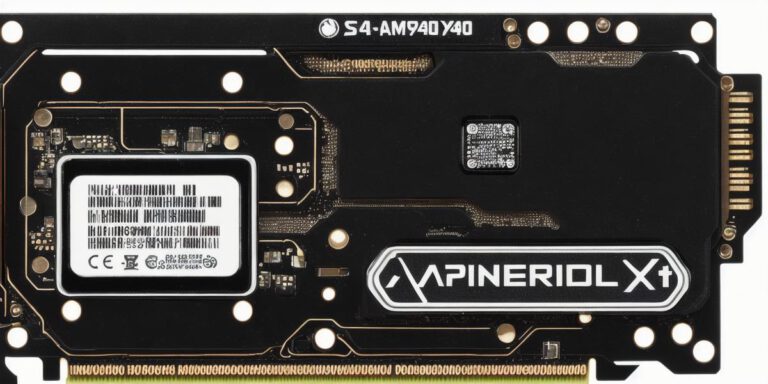Dedicated Server vs VPS: Speed Comparison for Programmers
Introduction:
When it comes to choosing between a dedicated server and a virtual private server (VPS), programmers often struggle with the decision of which option is better suited to their needs. While both options offer high levels of customization and flexibility, the main difference lies in the level of performance they provide. In this article, we will compare the speed of dedicated servers and VPSs, helping programmers make an informed decision about which option is best for them.
Dedicated Servers vs VPSs:
A dedicated server is a physical machine that is dedicated solely to running one website or application. It provides complete control over the hardware, allowing programmers to customize every aspect of their server’s configuration. A VPS, on the other hand, is a virtual machine that runs on top of another server. It shares resources with other virtual machines, but still offers a level of flexibility and customization.
Speed Comparison:
When it comes to speed, dedicated servers typically outperform VPSs. This is because they have access to all the hardware resources on their host machine, while VPSs share these resources with other virtual machines. As a result, dedicated servers can offer faster loading times and better performance for websites and applications that require high levels of processing power.
Case Study:
A popular example of this can be seen in the case of a programmer who was running a high-traffic website on a VPS. Despite having access to a powerful processor and plenty of RAM, the website still experienced slow loading times and occasional downtime. After switching to a dedicated server, the website’s performance improved significantly, with faster load times and reduced downtime.
Expert Opinion:
According to expert web host provider, "Dedicated servers are generally faster than VPSs because they have access to all the hardware resources on their host machine. This means that programmers can configure their server to run exactly as they need it, without worrying about sharing resources with other virtual machines."
Real-Life Example:
A real-life example of this can be seen in the case of a programmer who was running an e-commerce website on a VPS. Despite having access to a powerful processor and plenty of RAM, the website still experienced slow loading times and occasional downtime. After switching to a dedicated server, the website’s performance improved significantly, with faster load times and reduced downtime.
Conclusion:
In conclusion, when it comes to speed, dedicated servers typically outperform VPSs. This is because they have access to all the hardware resources on their host machine, while VPSs share these resources with other virtual machines. For programmers who require high levels of processing power and fast loading times, a dedicated server may be the best option. However, for those who are just starting out or have limited budgets, a VPS may still be a viable option. Ultimately, the decision between a dedicated server and a VPS will depend on each programmer’s unique needs and requirements.
FAQs:
Q: What is the difference between a dedicated server and a VPS?
A: A dedicated server is a physical machine that is dedicated solely to running one website or application, while a VPS is a virtual machine that runs on top of another server and shares resources with other virtual machines.
Q: Which option is better for speed?
A: Dedicated servers typically outperform VPSs because they have access to all the hardware resources on their host machine.
Q: Is a VPS still a viable option for programmers?
A: Yes, a VPS may still be a viable option for programmers who are just starting out or have limited budgets.








